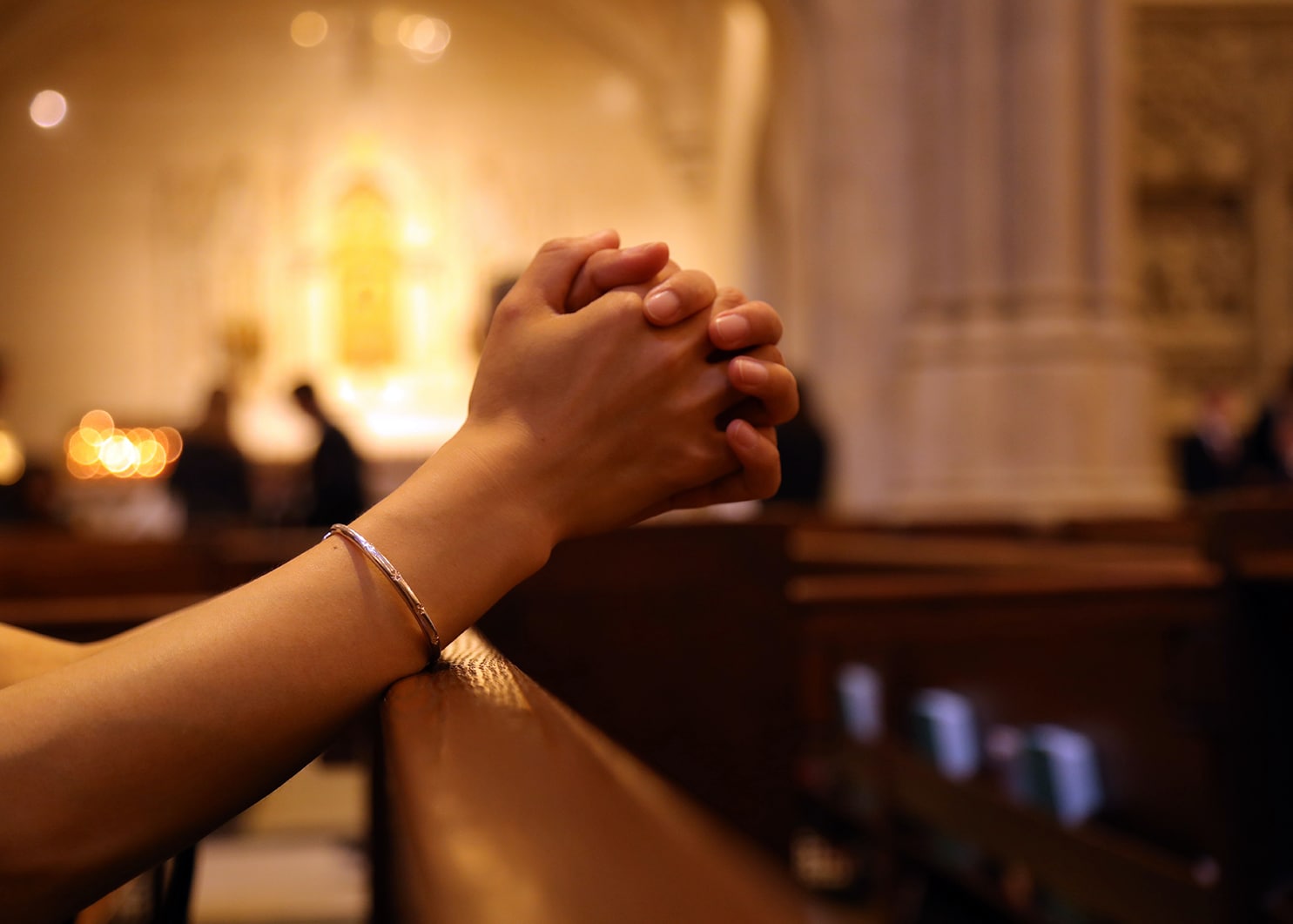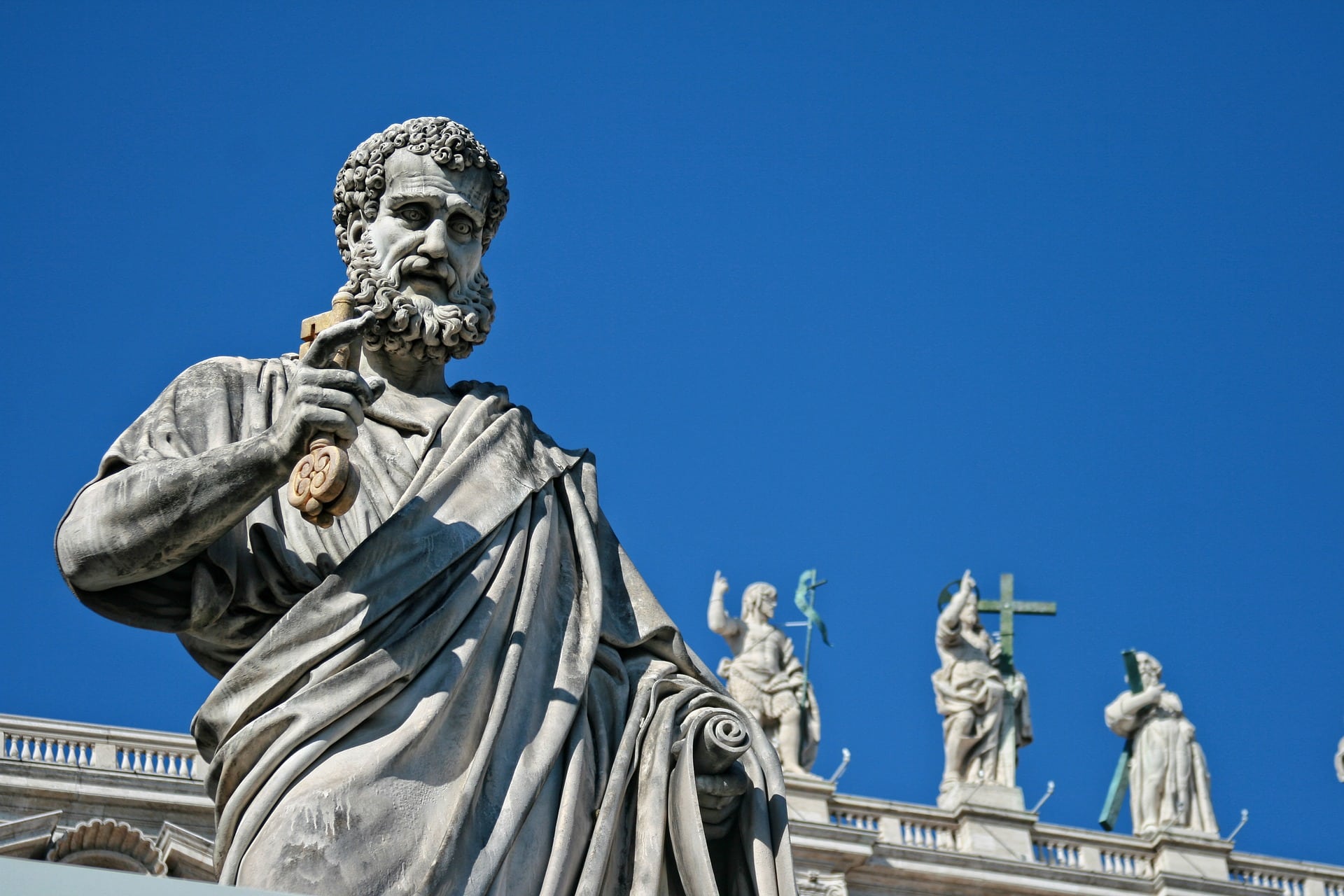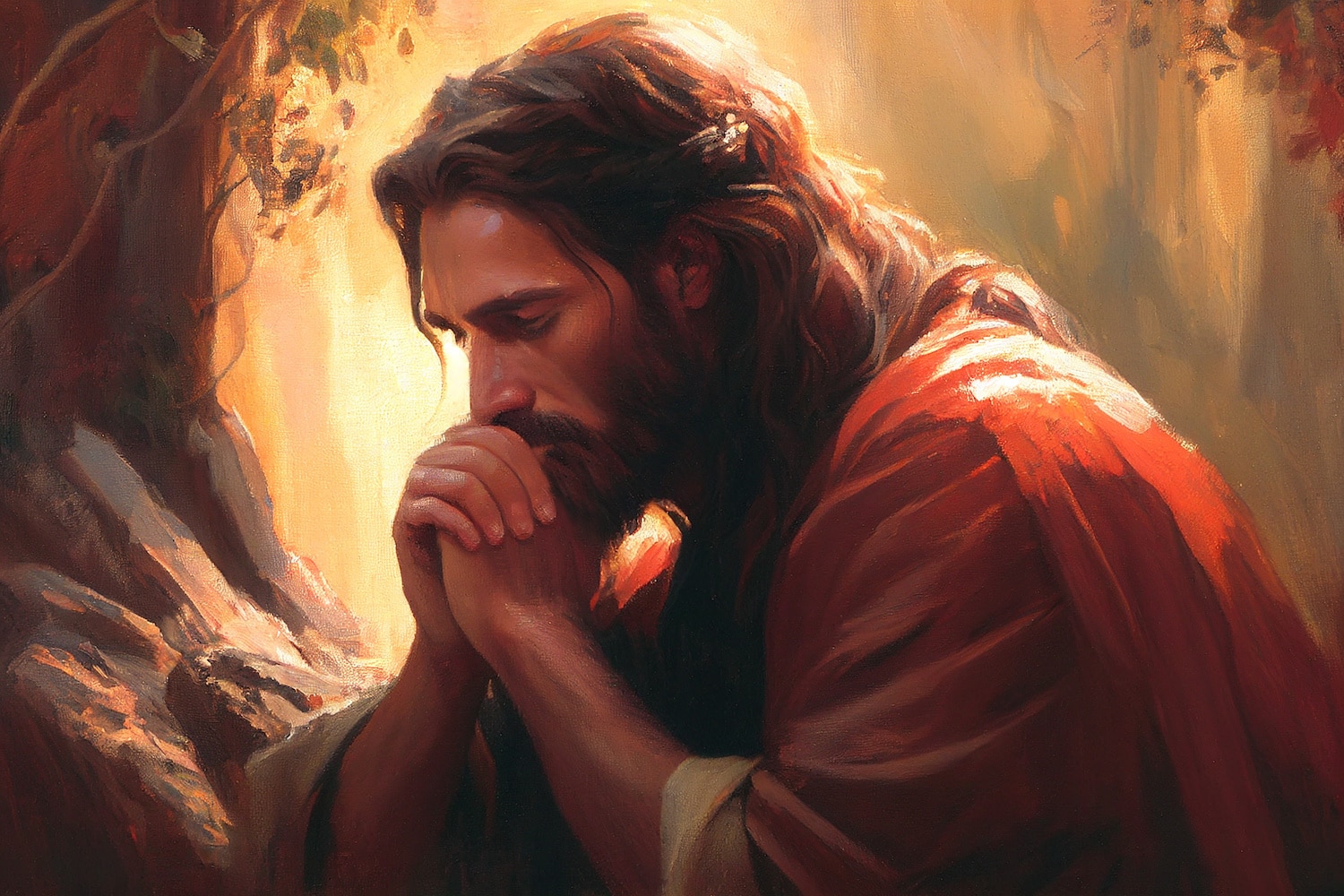Question: I am confused about the difference between the Sacrament of the Anointing of the Sick and “last rites.” When I was growing up, they were the same. My husband has terminal cancer. When he comes toward the end, what rites should I ask our pastor for — and when?
— C.G., San Bernardino, Calif.
Answer: Before the reforms of the Second Vatican Council, anointing of the sick and the “last rites” were often done together. There was a tendency to wait as long as possible, and to have these rites celebrated in close proximity to death. The reforms after Vatican II went to great lengths to separate the rites associated with sickness and death and to distinguish the anointing of the sick from the rites to be used at the time of death.
The introduction to the rite of anointing of the sick states: “The Sacrament of Anointing is the proper sacrament for those Christians whose health is seriously impaired by sickness or old age” (No. 97). It goes on to say: “The priest should ensure that the abuse of delaying the reception of the sacrament does not occur, and that the celebration takes place while the sick person is capable of active participation” and “that those needing the sacrament should seek it at the beginning of a serious illness” (No. 99).
Since your husband is suffering from terminal cancer, it is appropriate that you approach your pastor and set a time when he can come to your home for the anointing — or that your husband (and yourself and family members, if possible) go to the church and have the pastor celebrate the anointing there.
This sacrament is no longer seen as the primary rite associated with dying, but a dying person should be anointed if he or she has not been anointed earlier.
The rites properly described as “last rites” today are the celebration of viaticum , the Commendation of the Dying and the Prayers for the Dead. When someone is close to death (and has been anointed already), they should receive holy Communion for the last time (though this may be repeated if the person lingers in illness).
The Catechism of the Catholic Church states, “The Eucharist should always be the last sacrament of the earthly journey, the ‘viaticum’ for ‘passing over’ to eternal life” (No. 1517). It also says: “Communion in the body and blood of Christ, received at this moment of ‘passing over’ to the Father, has a particular significance and importance. It is the seed of eternal life and the power of resurrection, according to the words of the Lord: ‘He who eats my flesh and drinks my blood has eternal life, and I will raise him up at the last day’ [Jn 6:54]. The sacrament of Christ once dead and now risen, the Eucharist is here the sacrament of passing over from death to life, from this world to the Father” (No. 1524).
Viaticum is complemented by the Commendation of the Dying — some of the most beautiful and powerful prayers in the Church’s repertoire. These should be said at the time of death or when death is clearly imminent. Then there are the Prayers for the Dead, which are intended for use after the person has died. These are meant to send the dead person on his or her way and to comfort those who are present.
It is ideal if a priest or deacon is present at the time of death, but this is not always feasible. In the absence of a priest or deacon, the Commendation of the Dying and the Prayers for the Dead may be said by one of those present.







